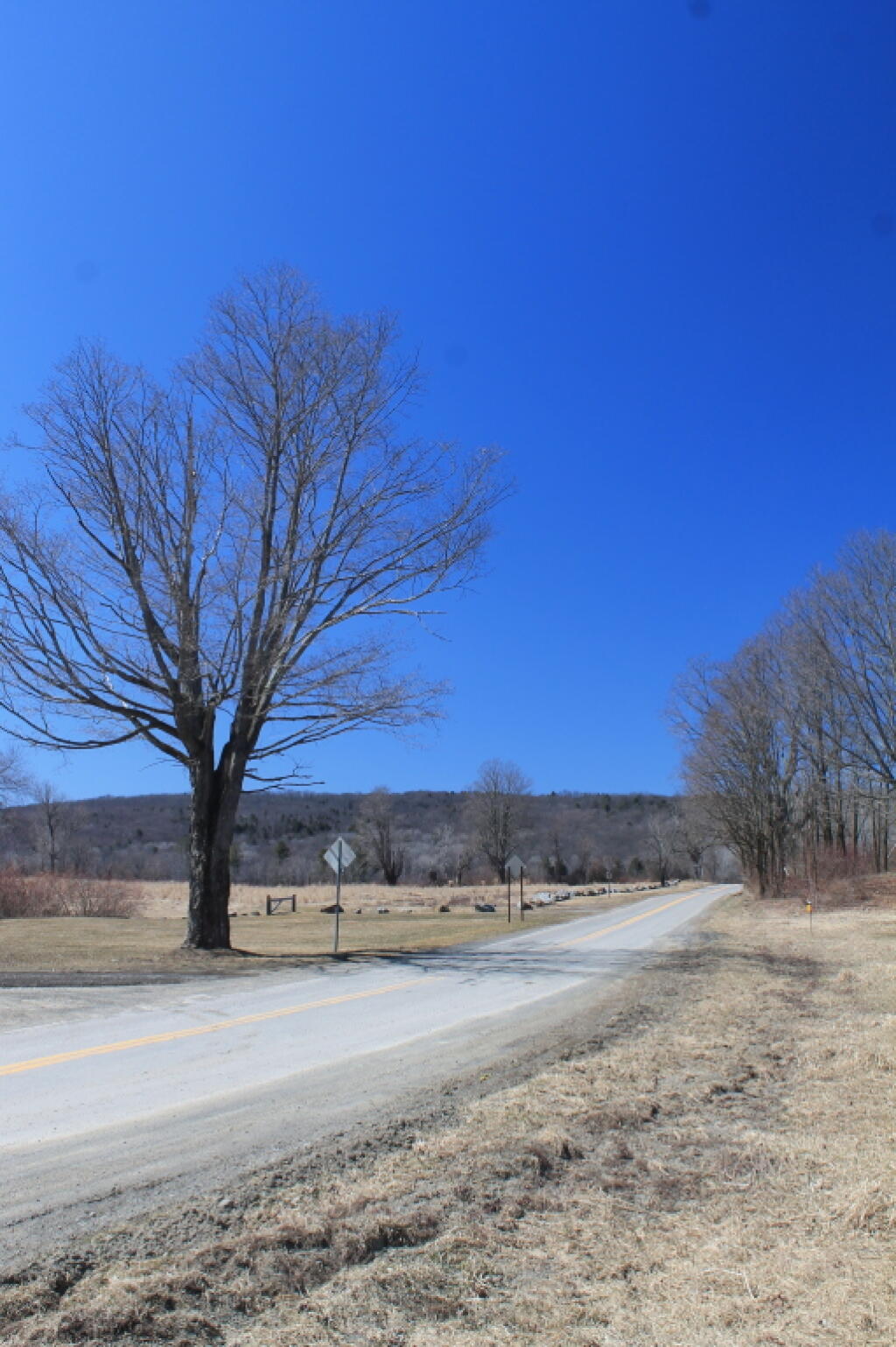They should require all government programs to come with a disclaimer on how many human lives they are expected to take and by what methods.
For example, setting speed limits or regulations on consumer products. How many lives will be taken, how many will be saved? Or the impact of increased or decreased law enforcement. How many lives are increases to law enforcement expected to save, how many will take, justifiable or otherwise? How many lives will be taken by the repeal of the American Healthcare Act? How many lives will end because of the tax policy?
Every decision by government leads to the taking of a certain number of human lives, but it should be a good public policy to control the amount of life taken by government to force government to justify it’s killing.
